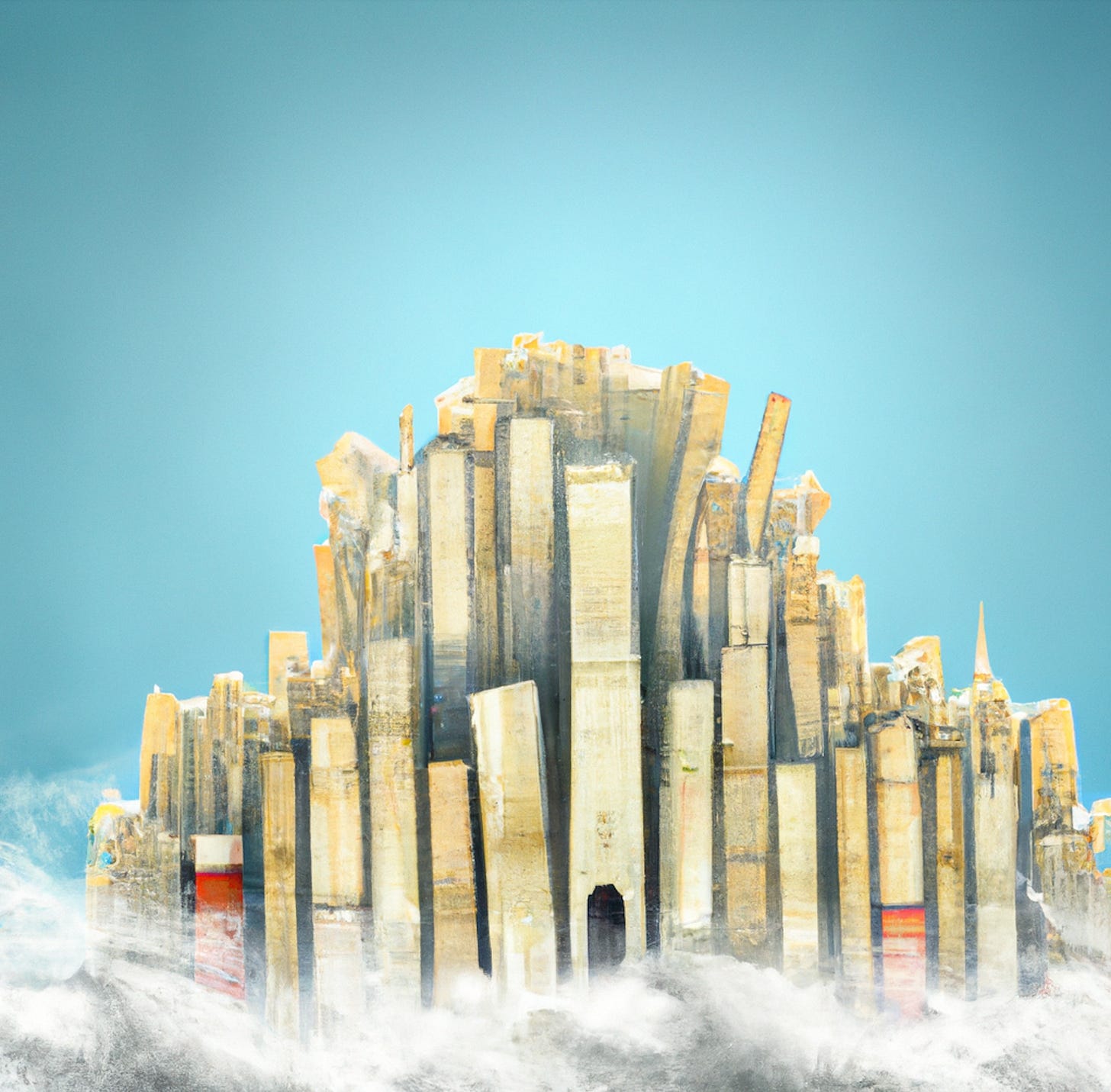Why I Write
I felt the similar wince as the turn of the new year loomed, my mind wracked with shame over failing to ink into the world the words that well in the heart of my being, the hourglass slowly filling. I used to write devotedly in pockets of free moments, rapt by literary giants whom I admired, finding joy in a precise word, an elegant phrase, the elevation of words toward art. What happened to that self?
That person dissolved over time, fading into the shadows of career, eroded by an effort to instill the admiration of the life of letters into others—at the cost of my own ambitions. Moreover, I am faulted, like many of us, with perfectionism, overlooking the act of creation as a process, looking at the art envisioned and hoping for my work to meet that dream. It burdens and paralyzes, tragically, heaving the perfect image upon the unmoving hand. Nothing is begun, for the weight becomes too much to lift and bear.
Yet all I ever need to do is to sit and write.
On the cusp of that new year, a poem flitted through my mind, one I never included in any curricula even though I always considered it, valued and enrapt by its image:
They didn't have much trouble teaching the ape to write poems: first they strapped him into the chair, then tied the pencil around his hand (the paper had already been nailed down). Then Dr. Bluespire leaned over his shoulder and whispered into his ear: "You look like a god sitting there. Why don't you try writing something?" —James Tate, "Teaching the Ape to Write Poems"
I find myself in disagreement with others’ characteristic interpretation of this poem: the imposition of our civilized tongue onto the ape. It fails to recognize ourselves as apes and that we, of course, are the ape in this poem. It made me wonder further, as someone whose aspirations reside in writing and who values the act of creation, if this were why others routinely misunderstand the poem in this manner.
They are the Dr. Bluespires of the world. The potential artists are the ape, the ones who, through one fashion or another, must be compelled to create—if not through internal inspiration, then as a reaction to the external tyrannies of the world. We find
Keep reading with a 7-day free trial
Subscribe to Kieranthology to keep reading this post and get 7 days of free access to the full post archives.


